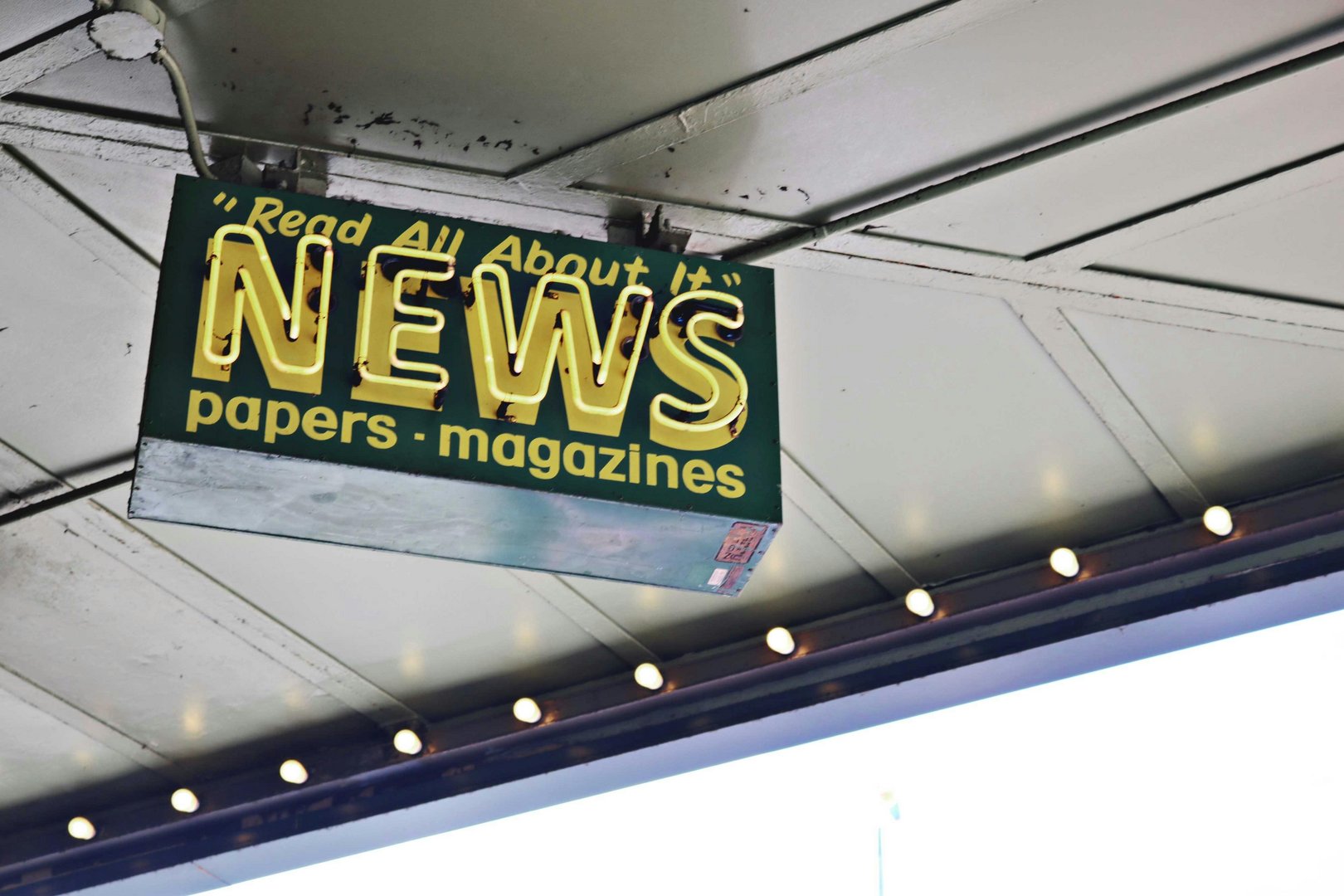Press freedom in Cyprus has sharply declined over the past year, with the country now ranked 77th out of 180 in the 2025 Press Freedom Index published by Reporters Without Borders (RSF) on Friday.
Having dropped 12 places from 65th in 2024, Cyprus now ranks lower than countries such as Congo and Senegal, both of which are considered challenging environments for journalists. Meanwhile, Cyprus is still ranked higher than Greece at 89th, and Turkey at 159th.
Globally, RSF reported that press freedom is in a critical state, with the index classifying the situation as “difficult” for the first time in its history. Norway and Estonia top the rankings, while Eritrea and North Korea remain at the bottom, with the harshest restrictions on the media.
In its assessment of Cyprus, RSF identified state, church, and corporate influence over newsrooms – along with the island’s political division – as key threats to press freedom.
The watchdog said growing media concentration and a lack of transparency in media ownership, both print and digital, had severely undermined pluralism and contributed to widespread self-censorship among journalists.
Despite the presence of numerous media outlets in Cyprus, RSF noted that two of the four largest newspapers have political affiliations.
On an economic level, RSF found that Cypriot media has become “increasingly vulnerable to the influence of commercial interests,” with media owners often pursuing parallel business ventures and, in some cases, maintaining direct political involvement.
RSF also flagged concerns over the lack of transparency in the distribution of state funding, noting that this is particularly problematic for public broadcasters who rely on government support, as it fostered self-censorship and undermined independent reporting.
RSF pointed to the government’s role in appointing public broadcasters’ boards as a contributing factor.
While defamation is not a criminal offence in Cyprus, RSF noted that media outlets can still face criminal charges, and civil libel suits are common – often resulting in self-censorship to avoid costly legal battles.
Additionally, while protections for sources are in place, broader safeguards against political interference remain limited, with growing concern over the proposed “fake news” law first introduced in 2024.
The proposal had drawn strong criticism from local and international press freedom groups, warning the legislation could open the door to censorship or even prison sentences for journalists. Although put on hold after public backlash, the bill has not been withdrawn and remains under review as of now.
RSF further noted that that although no journalists were reported to have been physically harmed in Cyprus, a concerning pattern of verbal attacks by political figures had emerged. Just a month ago, in early April, reports surfaced that a journalist in Larnaca had received threats from the son of a politician after publishing a critical article about the politician on her news website.
European Parliament President Roberta Metsola, responding to the RSF rating ahead of Saturday’s World Press Freedom Day, strongly reaffirmed the EUs commitment to defending media freedom.
“A free press is the best shield for democracy,” Metsola said, adding that “journalists must be free to report without fear of censorship, intimidation, or retaliation.”
She emphasised that the European Parliament would “always defend and stand up for media and press freedom” and stressed that the institution continuously supports media workers and recognises journalism as a cornerstone of democratic society.






Click here to change your cookie preferences